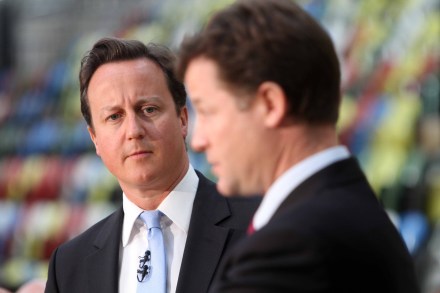Downfall
It did not take long. Last month, Matt Ridley argued in a Spectator cover story that the wind farm agenda is in effect dead, having collapsed under the weight of its own contradictions. The only question is when our ministers would realise. In an interview with the Sunday Times (£), climate change minister Greg Barker admits that his department has adopted an ‘unbalanced’ approach to wind farms and will now look at other options. ‘Far from wanting thousands more, actually for most of the wind we need… they are either being built, being developed or in planning. The notion that there’s some new wave of wind [farms] is somewhat exaggerated.’ Indeed, the phrase ‘somewhat exaggerated’
















